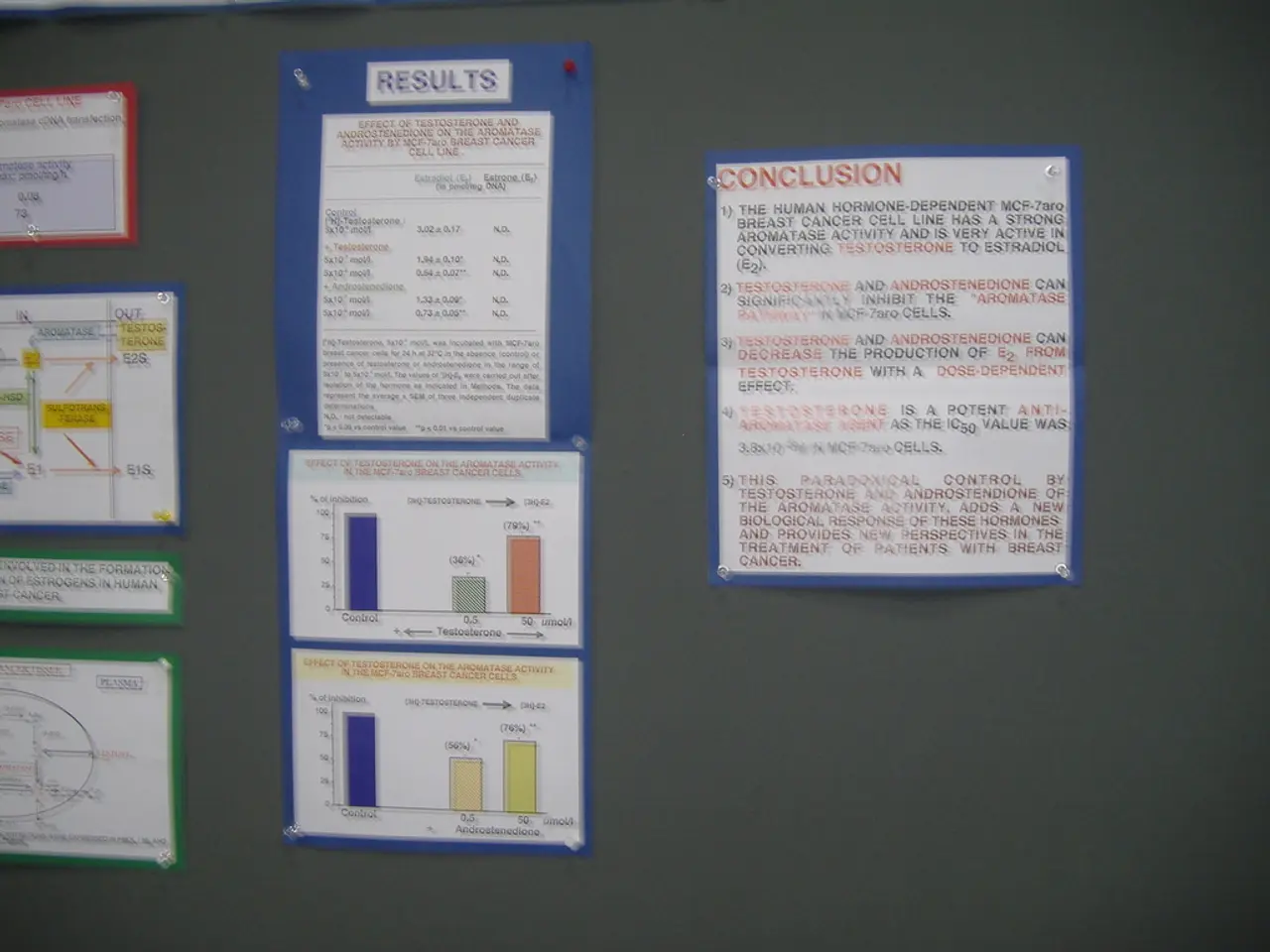Financial advisors attached to Klingbeil express caution against relaxation of the debt limit regulation
In the ongoing debate about Germany's debt brake, a financial regulation designed to limit new debt, the independent Scientific Advisory Board at the German Ministry of Finance has issued a warning against further easing of the rules [2][3]. The advisors, including Clemens Fuest, Volker Wieland, and Thiess Büttner, emphasize the need for an effective limitation of new debt, given recent financial decisions [1].
The warning comes after the approval of billion-dollar loans and follows concerns about potential risks such as violating EU guidelines, accumulating disproportionately high debt, and jeopardizing the stability of the euro [2]. The advisors' statement pertains to the German Finance Minister, Lars Klingbeil (SPD) [1].
The Scientific Advisory Board on the Federal Budget and the Debt Brake Commission are currently working on reform proposals, with initial findings expected soon [3]. The commission's task is to develop proposals for reforming the debt brake, with a focus on adapting it to enable more fiscal flexibility while ensuring long-term sustainability [1].
The debate centers on balancing fiscal discipline with the urgent need for public investment in climate neutrality, infrastructure, and economic growth. Some criticism from NGOs and researchers highlights concerns over insufficient focus on climate action within the current budgets framed under the debt brake reform [1].
In parallel, there is interest in comparative models such as the Swiss debt brake, which employs a cyclically adjusted expenditure rule and a compensation account to manage debt flexibly but sustainably [2]. Though not explicitly stated that these members endorse this model, the Swiss approach influences international discussions on fiscal rules reform.
Finance Minister Lars Klingbeil has emphasized a dual strategy of investment for growth and fairness alongside strict future budget consolidation and fighting tax fraud [3]. The relaxing of the debt brake has led to an expected rise in Germany's budget deficit from 2.7% of GDP in 2024 to about 3.8% by 2026 to accommodate these investments [4].
In summary, the scientific advisory board and debt brake commission involving Clemens Fuest, Volker Wieland, and Thiess Büttner are actively assessing reforms to make the debt brake more flexible and investment-friendly, reflecting broad political recognition of the need for change while maintaining fiscal responsibility [3][1]. The warning against further easing of the debt brake serves as a reminder of the importance of maintaining fiscal discipline in the pursuit of growth and investment.
[1] https://www.tagesschau.de/wirtschaft/schuldenbremse-101/5130033.html [2] https://www.wiwo.de/politik/schuldenbremse-debatte-100-milliarden-schulden-deutschland-101156876.gg.html [3] https://www.handelsblatt.com/politik/deutschland/schuldenbremse-kommission-wird-mit-veraenderung-von-grundgesetz-arbeiten/27162674.html [4] https://www.bundesregierung.de/breg-de/themen/wirtschaft-finanzen/schuldenbremse-1675300.html
The Scientific Advisory Board, which consists of Clemens Fuest, Volker Wieland, and Thiess Büttner, has emphasized the importance of maintaining an effective limitation on new debt in the context of recent business decisions, given the ongoing debate about Germany's debt brake [1]. Finance Minister Lars Klingbeil must consider this warning as he plans reforms to make the debt brake more flexible and investment-friendly while ensuring long-term fiscal responsibility in the business sector [3].




